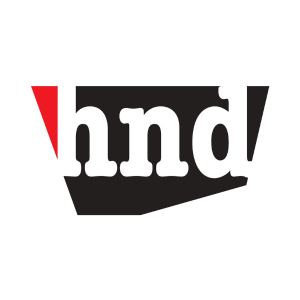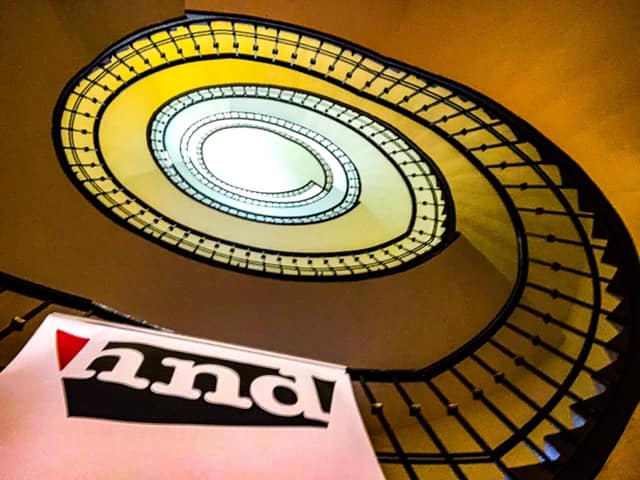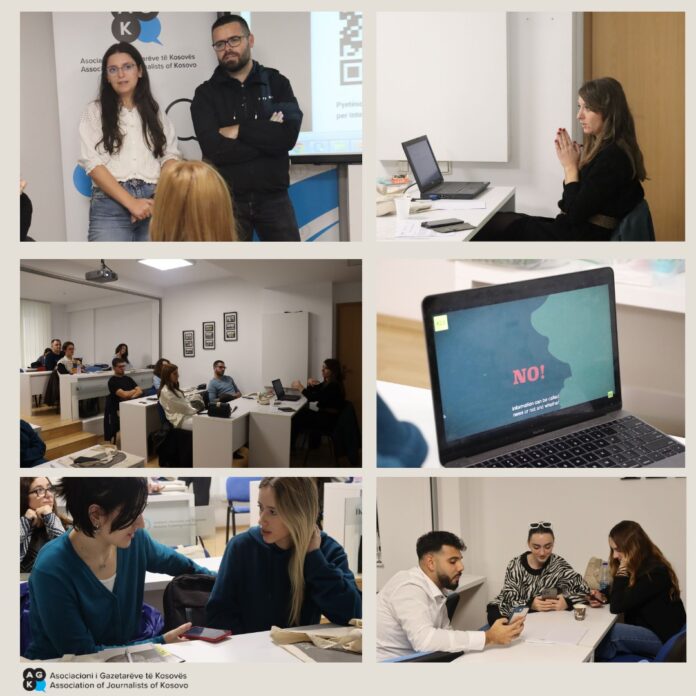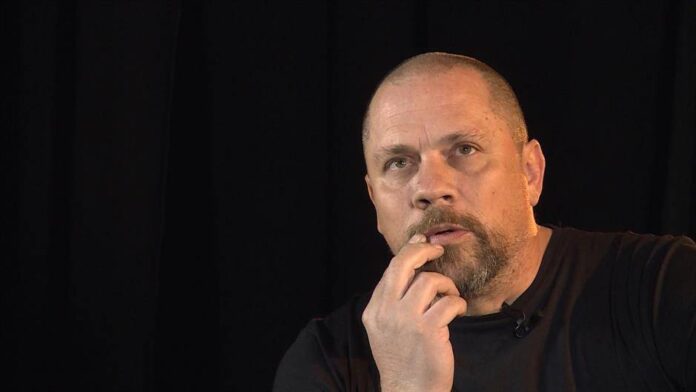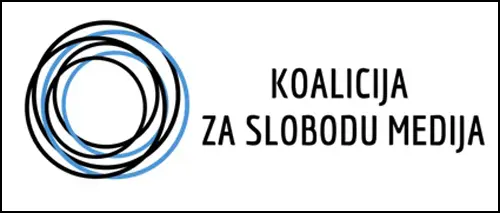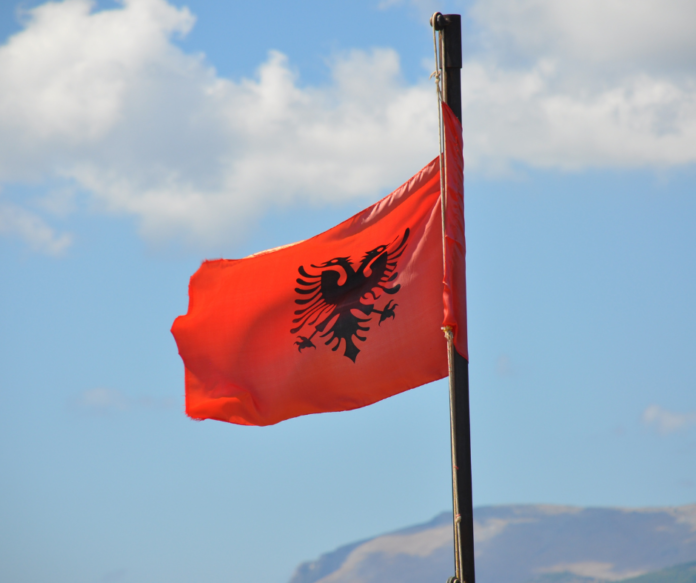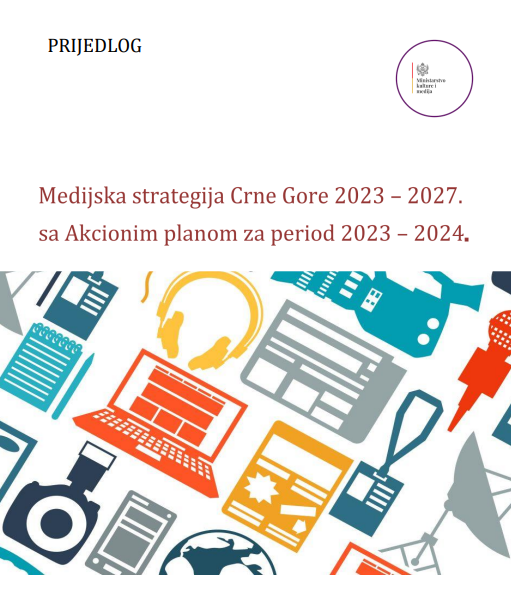The media broadcast unchanged the ready-made news prepared by the “editorial” of 25 employees in the Municipality of Tirana. MediaLook has monitored 45 media, from which it has evidenced that the texts of the reports of the ten most “loyal” media of the institution, but not only, are the same as the press releases, on average 93-99.5%. Propaganda has undergone a drastic increase compared to 5 years ago, when the average compliance ranged from 47-93%. Meanwhile, beyond ready-made news, the reporters claim that it is impossible to follow the activities and ask Mayor Veliaj, since the “last minute” announcements are of an announcement nature, on the eve of the activities that are recorded and broadcast on Facebook. In the last five years, the Mayor of Tirana has not held any press conference with journalists, raising questions about his relationship with reporters and the institution’s transparency and accountability.
The municipality of Tirana has a great influence in the editorial offices of the national and local media, which publish without any filter the information sent by the PR office, allowing the bombardment of public opinion with political propaganda.
MediaLook has researched the relationship with the media, accountability as well as part of the public activities of the Municipality of Tirana for a period of 20 days, ten days before the start of the campaign and ten days after the holding of the local elections on May 14, 2023. Using the NewsLab platform, created from MediaLook, which is connected to search engines, links were generated and media news was verified in their online version, which used the same sentence structure as Tirana Municipality announcements. The platform calculates compatibility in number and percentage. The data also passed through a second manual filter. (access full database)
From this observation, it results that despite the fact that the journalists were not present at the activities of the public institution, the ready materials were published on the media pages, as they were sent by the press office near the Municipality of Tirana. The main focus in these pre-prepared reports is the mayor Erion Veliaj, whose materials and synchronicities, for the most part, are transmitted without editing.
In total, from 17 press releases conceived in the form of ready-made news and distributed by the institution in 20 monitored days, 294 news were produced by 45 media editorial offices, which use the same sentence structure and propagate the same news.
In the ranks of the first ten media identified by MediaLook’s research, out of 45 media in total, the compatibility of the content between the Tirana Municipality announcement and the published news varies from 93-99.5%. Among the media classified in this top ten are online portals, newspapers, and televisions, including national ones. (access the news in the database)
The transmission of ready-made materials by the media at such levels marks a drastic increase in propaganda news compared to 5 years ago, when the same methodology was applied, and where the average compatibility between press releases from the Municipality of Tirana and media reports varied from 47-93%.
What was established by the last monitoring is related to the fact that the mass publication of this news unfiltered by newsrooms is not related to the public interest or to the utilitarian information for citizens. For the media, every news of the Municipality of Tirana is of public interest since the broadcast curve of ready-made chronicles is almost the same, regardless of topics of a social, political, cultural, sports, etc. character.
Also, from the total of these news published uniformly in the media, for the analyzed period, it is observed that in no case was there a second source, except that of the Municipality of Tirana.
Some of the leaders and editors-in-chief of the news who were contacted at Top Channel or Gazeta Dita did not give a comment, while other editors at ABC News, Lexo.al and Gazeta Fjala described these as normal reflections of the activities of the Municipality.
What impresses you is that a significant part of the reporters of the web newsrooms affirm “off record” that for the news that comes ready from the institution of the Municipality of Tirana “we have instructions from the leaders to publish them as they are, or with changes small”, this fact is confirmed by monitoring.
“This shows that the media has reached the situation of news production by public offices. Television chronicles and news are distributed as advertising spots where the media does not have the right to intervene”, – says Enton Abilekaj, the director of the “Dosja.al” portal. According to him, “the employee of the press office of the municipality is at the same time the journalist of the main media, which faithfully transmits his news, behind no filter of the truth”.
In fact, the apparatus of employees who deal with the media at Tirana Municipality is such that any newsroom, including national ones, would cover it. Officially, the institution claims that “next to the General Directorate of Media and Communication, 25 employees are engaged, of which eight deal directly with the media and the public, six of them monitor the media and ten others with digital communication”.
For researchers, the publication of ready-made news is problematic related to media capture by politics. “Such a high degree of similarity between the news and the content of press releases shows that we have media which are almost under the complete control of politics”, – says Erlis Çela, lecturer of Communication Sciences at Bedër University. According to him, the problem lies in “the relationships created in the trinomial media-politics-business, which are non-transparent and based on profit interests.
A similar attitude is shared by Blerjana Bino, researcher and author of the annual report Journalists’ Safety in Albania. According to her, the publication of pre-prepared materials shows “the weakness of the media in the face of power and the multiple connections of hidden interests between politics, business, and the media”. Bino adds that the compatibility of the news with the announcements of the Municipality of Tirana is “an indication of the fact that Albanian citizens are bombarded with propaganda and no longer quality, independent and verified information”.
Find the full article here:
Bashkia e Tiranës “dikton” lajmet propagandistike në media, problem transparenca e llogaridhënia


